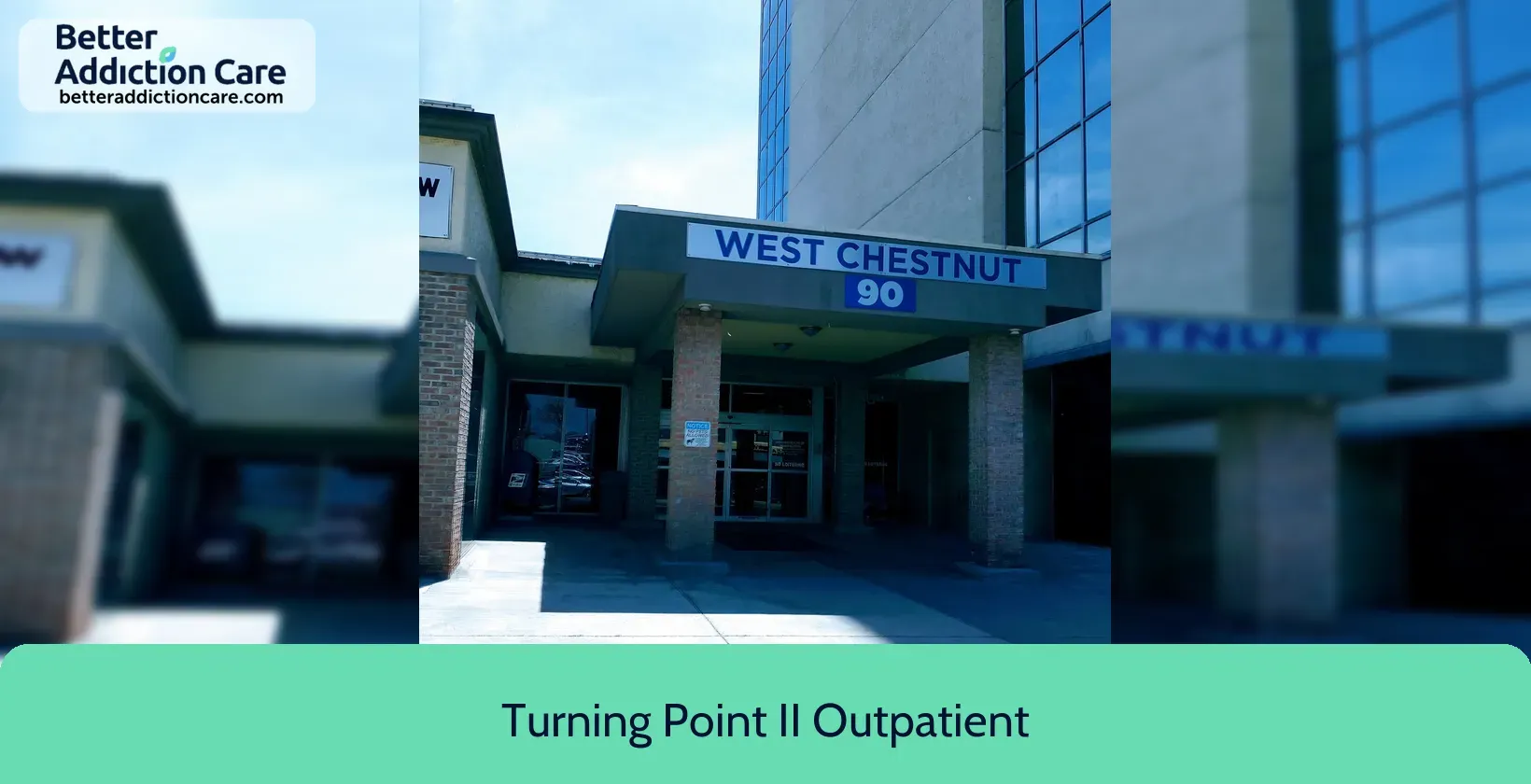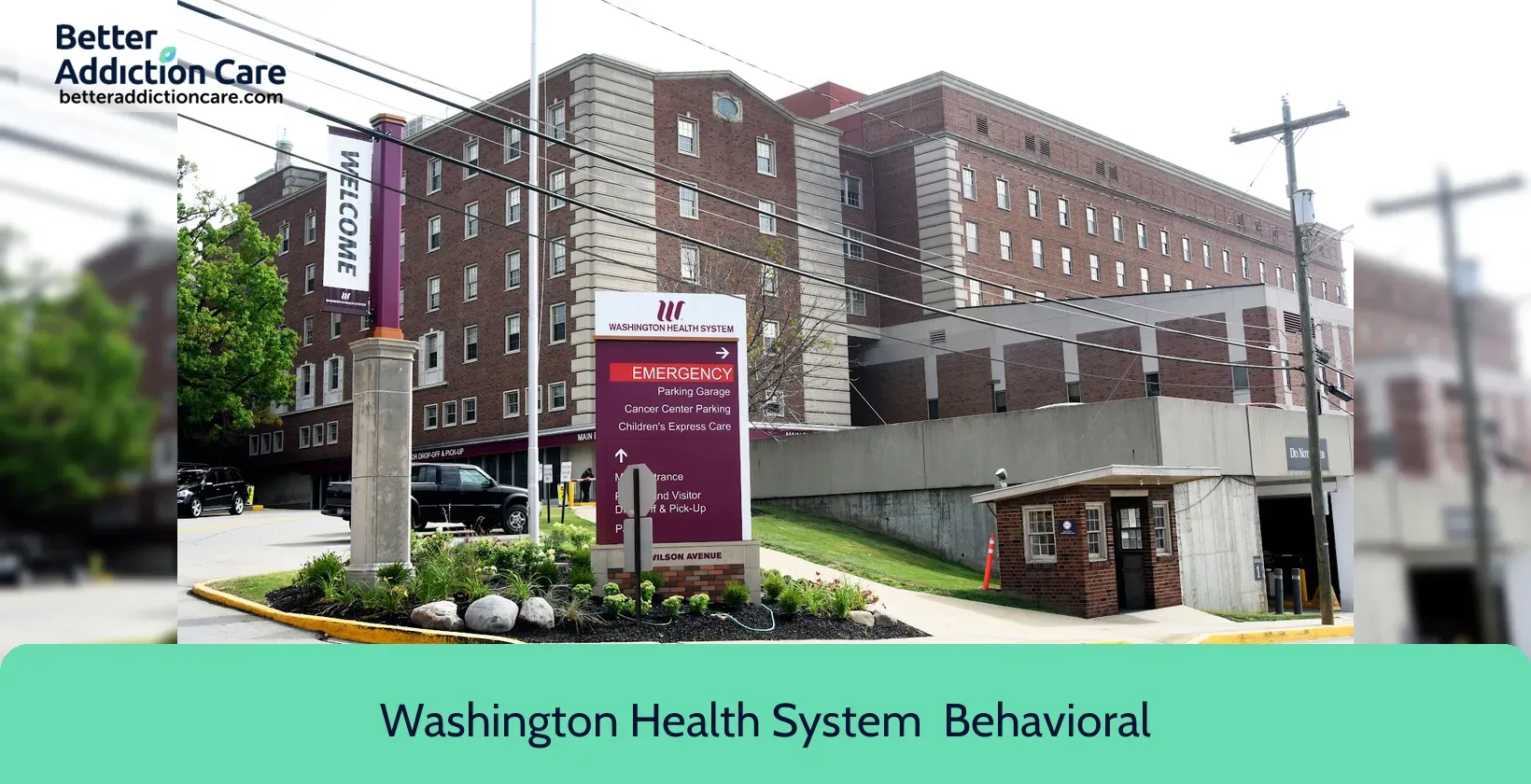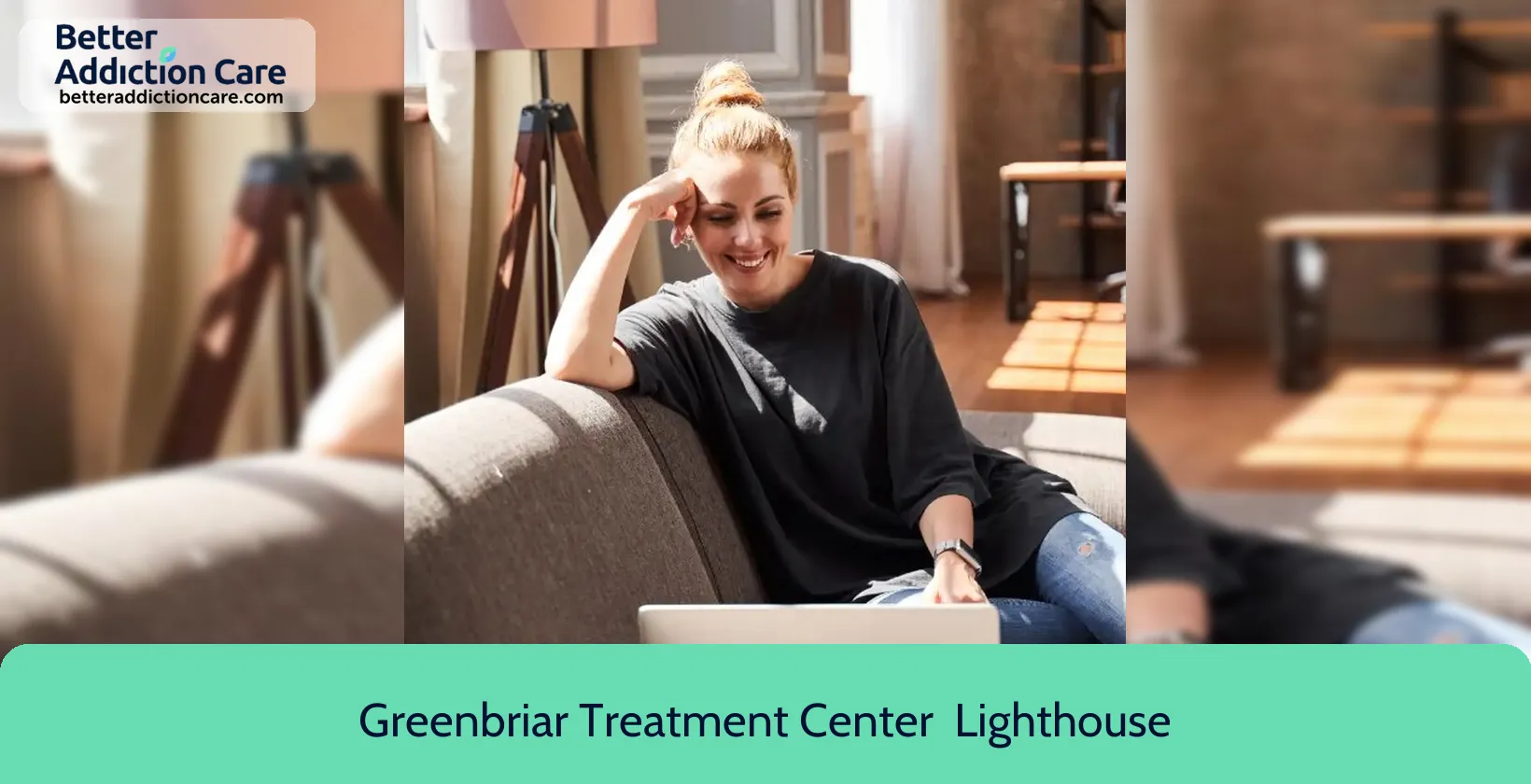Outside In - Pathway to Recovery Outpatient

Overview
Outside In - Pathway to Recovery Outpatient is a substance abuse treatment center for people seeking treatment near Washington County. As part of their treatment modalities for recovery, Outside In - Pathway to Recovery Outpatient provides cognitive behavioral therapy, telemedicine/telehealth therapy, and substance use disorder counseling during treatment. Outside In - Pathway to Recovery Outpatient is located in Washington, Pennsylvania, accepting cash or self-payment for treatment.
Outside In - Pathway to Recovery Outpatient at a Glance
Payment Options
- Cash or self-payment
- Medicaid
- Private health insurance
- Federal, or any government funding for substance use treatment programs
- Per session
Assessments
- Screening for tobacco use
- Comprehensive substance use assessment
Age Groups
- Adolescents
- Young adults
- Adults
Ancillary Services
- Domestic violence services, including family or partner
- Social skills development
Highlights About Outside In - Pathway to Recovery Outpatient
6.77/10
With an overall rating of 6.77/10, this facility has following balanced range of services. Alcohol Rehabilitation: 8.00/10, Drug Rehab and Detox: 6.00/10, Insurance and Payments: 6.00/10, Treatment Options: 7.09/10.-
Alcohol Rehabilitation 8.00
-
Treatment Options 7.09
-
Drug Rehab and Detox 6.00
-
Insurance and Payments 6.00
Accreditations
Commission on Accreditation of Rehabilitation Facilities (CARF):

CARF accreditation is a prestigious recognition for organizations in rehabilitation and human services. It signifies that an organization meets rigorous quality standards and is committed to providing top-notch care. Achieving CARF accreditation involves a thorough evaluation process, including on-site surveys, to ensure excellence in programs and services. This accreditation boosts an organization's credibility, assures clients and funders of quality, and promotes ongoing improvement in the field of rehabilitation and human services.
Treatment At Outside In - Pathway to Recovery Outpatient
Treatment Conditions
- Alcoholism
- Substance use treatment
Care Levels
- Outpatient
- Regular outpatient treatment
- Aftercare
Treatment Modalities
- Cognitive behavioral therapy
- Telemedicine/telehealth therapy
- Substance use disorder counseling
- Trauma-related counseling
- Family counseling
Ancillary Services
Additional Services
- Pharmacotherapies administered during treatment
- Discharge Planning
- Drug or alcohol urine screening
Special Programs
- Clients who have experienced trauma
Get Help Now
Common Questions About Outside In - Pathway to Recovery Outpatient
Contact Information
Other Facilities in Washington

6.99

6.91

7.42

7.03

6.59

6.89

6.59

7.03
DISCLAIMER: The facility name, logo and brand are the property and registered trademarks of Greenbriar Treatment Center - Lighthouse for Women, and are being used for identification and informational purposes only. Use of these names, logos and brands shall not imply endorsement. BetterAddictionCare.com is not affiliated with or sponsored by Greenbriar Treatment Center - Lighthouse for Women.
